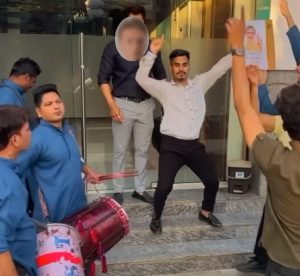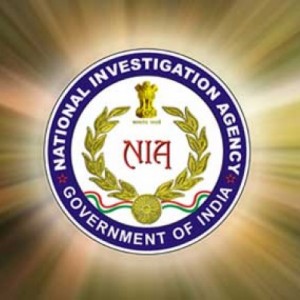Cabinet approves scheme to make 6 crore rural households digitally literate
The Union Cabinet chaired by the Prime Minister Shri Narendra Modi on Wednesday approved ‘Pradhan Mantri Gramin Digital Saksharta Abhiyan’ (PMGDISHA) to make 6 crore rural households digitally literate. The outlay for this project is Rs.2,351.38 crore to usher in digital literacy in rural India by March,.2019. This is in line with the announcement made by Finance Minister in the Union Budget 2016-17.
PMGDISHA is expected to be one of the largest digital literacy programmes in the world. Under the scheme, 25 lakh candidates will be trained in the FY 2016-17; 275 lakh in the FY 2017-18; and 300 lakh in the FY 2018-19. To ensure equitable geographical reach, each of the 250,000 Gram Panchayats would be expected to register an average of 200-300 candidates.
Digitally literate persons would be able to operate computers/digital access devices (like tablets, smart phones, etc.), send and receive emails, browse internet, access Government Services, search for information, undertaking cashless transactions, etc. and hence use IT to actively participate in the process of nation building.
The implementation of the Scheme would be carried out under the overall supervision of Ministry of Electronics and IT in active collaboration with States/UTs through their designated State Implementing Agencies, District e-Governance Society (DeGS), etc.
Background:
As per the 71st NSSO Survey on Education 2014, only 6% of rural households have a computer. This highlights that more than 15 crore rural households (@ 94% of 16.85 crore households) do not have computers and a significant number of these households are likely to be digitally illiterate. The PMGDISHA being initiated under Digital India Programme would cover 6 crore households in rural areas to make them digitally literate. This would empower the citizens by providing them access to information, knowledge and skills for operating computers / digital access devices.
As the thrust of the Government is on cashless transactions through mobile phones, the course content would also have emphasis on Digital Wallets, Mobile Banking, Unified Payments Interface (UPI), Unstructured Supplementary Service Data (USSD) and Aadhaar Enabled Payment System (AEPS), etc.





